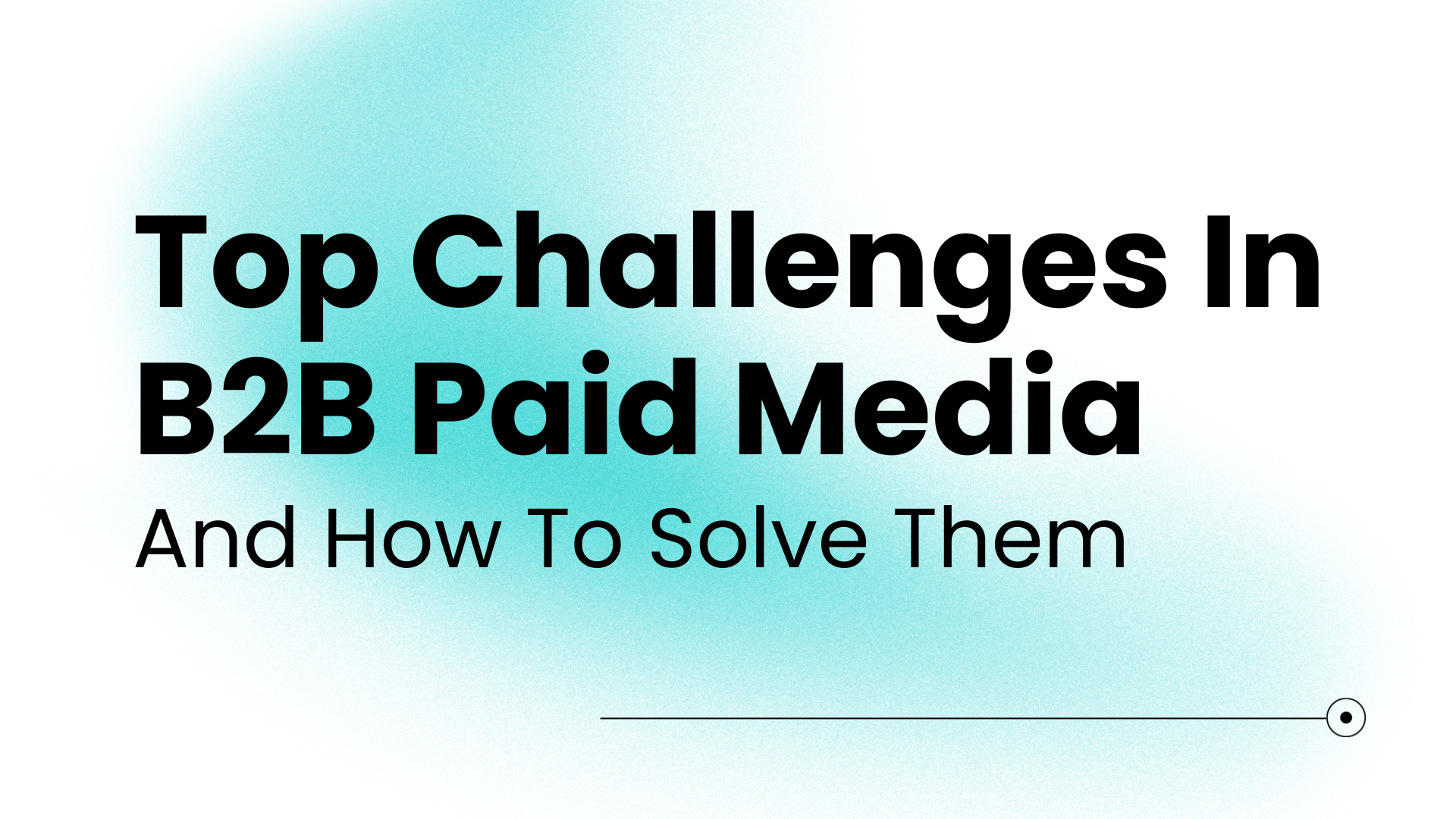Over the past 2 years, Seer made a concerted effort to invest in project management -- building out a team and suite of tools to operate efficiently and drive the best results for our clients.
Last year, that included investing in me, Christina Avino, Associate Director of Project Management.
Seer covered the full cost of $761 to get my Project Management Professional (PMP) certification.
We invested in this certification to help me build our project management practice and more effectively lead a growing team of project managers.
My goal is to demystify the process of getting your PMP and give you a template to create your study plan. Let's dive in...
What is a PMP?
The Project Management Professional (PMP) certification is an industry recognized credential administered by the Project Management Institute (PMI).
It is one of the most widely respected certifications a project manager can earn. PMP is a powerful acronym to have behind your name.
It’s a relatively rigorous process that requires course work, applied experience, and a 180 question exam. But it's totally doable, especially for all of you out there with project management skills
Studying while working full-time
The #1 reason I've heard from people who avoid signing up for the PMP? Studying!
“It's been so long since I’ve studied, I don’t think I even know how anymore.”
“I can’t imagine studying while working full time”
I was in the same boat. That’s why I decided to tackle it with a detailed project plan and broke it down into tasks. I'll show you more on that in Step 4: Study.
Studying feels daunting, but reading 1 chapter? Taking 2 practice quizzes? That’s doable.
Preparing for the PMP Exam
Step 1: Sign-up for a Project Management Institute (PMI) Membership
Save Money.
At the time this blog post was written, you would pay $575 for the PMP exam fee alone as a non-member of PMI.
As a PMI member, you pay $554 for the following:
- $139 per year for a PMI membership
- $10 for a one-time PMI membership application fee
- $405 PMP exam fee
Step 2: Complete 35 Training Hours
Before you can apply for the PMP exam, you must complete 35 hours of formal project management education. Most dedicated trainings count towards this requirement, you just need a certificate or transcript for proof of completion. While this does not have to be an exam prep course, that is often the most helpful and relevant.
Recommended Course: Udemy’s PMP Prep Course
I opted for a video instead of a live course so I could complete this on my own time. This course is almost always offered at a discount and came highly recommended.Step 3: Apply for your PMP
Confirm your eligibility before taking this step
To be eligible you need:
4-year degree with 36-months of experience leading projects over the past 8-years
OR
Secondary Education Diploma with 60-months of experience leading projects over the past 8-years
PLUS
35 Hours of Project Management Education
Step 4: Study
Study Plan
Instead of studying I focused on tasks that I could check off my to-do list. (Getting a hit of dopamine in the process)
With this approach, I was able to complete all requirements and exam prep in 10 weeks. I gave myself 1 month to complete the course and about 1.5 months to study before taking the exam.
I used monday.com to manage my study plan, but you can download this template. Import this into your preferred tool or just work out of the Google Sheet to customize your ideal study plan!
Maybe you prefer an in person course or can’t commit to reading more than 2 nights a week - cater this to meet your needs!
Recommended Resources
I tapped my network of certified PMPs for their #1 recommended resources. Shout out to my mentor, Sally Shaugnessy, who guided my study plan for success.
Recommended Resources:
- Rita’s Mulcahy’s PMP Exam Prep Book (Choose the latest edition)
- Presents the concepts in a really helpful way with built in exercises and practice exams.
- Formula Cheat Sheet
- This is incredibly helpful to understand and remember the formulas emphasized in the course and book. That said, I did not get a single exam question that required using any of these formulas, and if you take the exam virtually you aren’t allowed to have a piece of paper on your desk.
- Practice Exam Questions
Step 5: Take the exam!
Step 6: Update your assets after you pass
- Email Signature
- Business cards
Apply project management skills to get your PMP
The main objective I want you to take away is to apply your skills as an aspiring PMP to project manage your time - make the daunting, totally doable.
Hope you find this resource helpful in your journey!
Work with us and see how we’ve applied PMP best practices to improve our client experience.
Want more posts like this? Subscribe to the Seer Newsletter:




